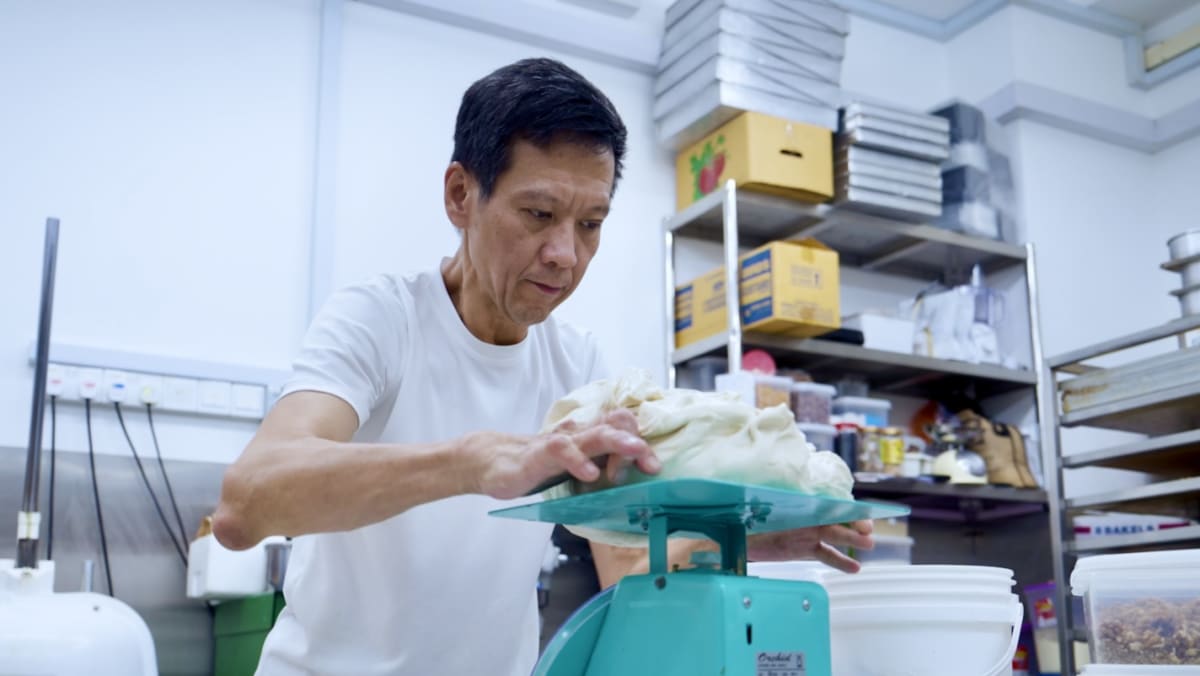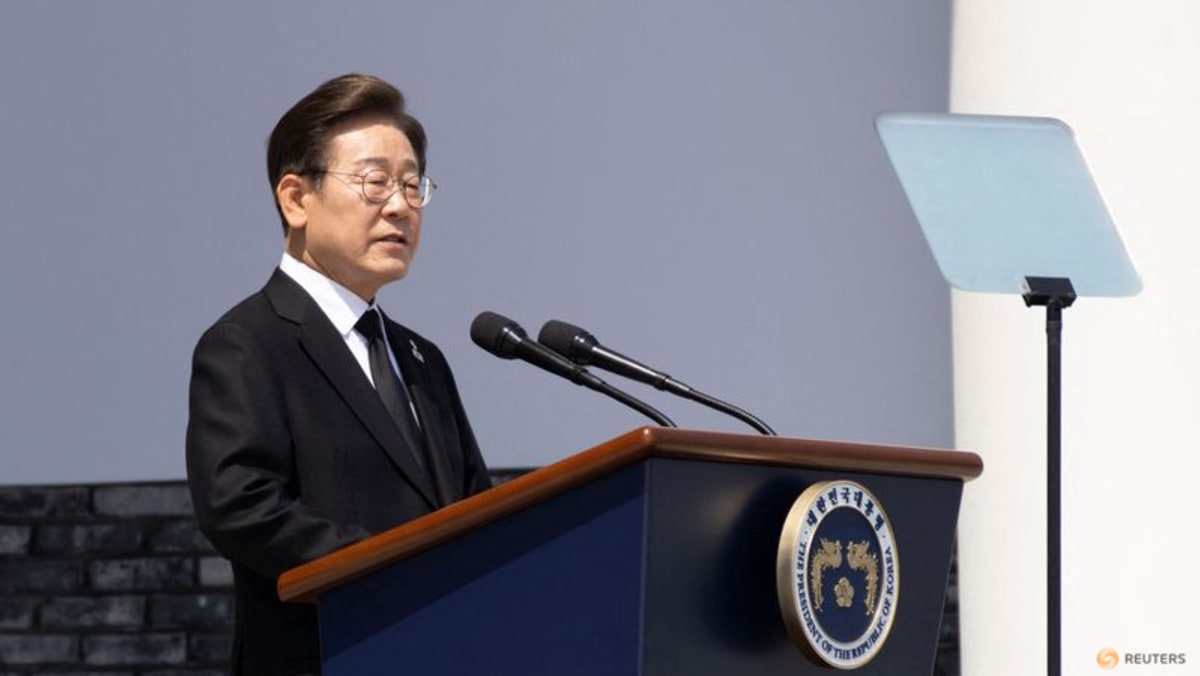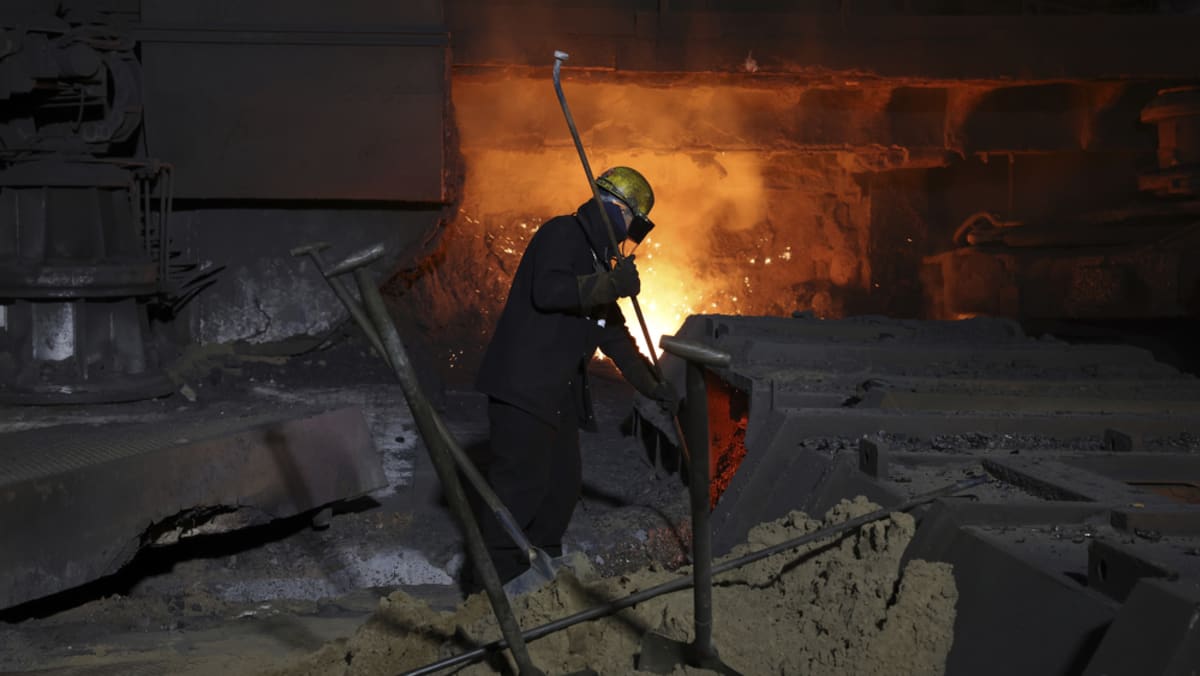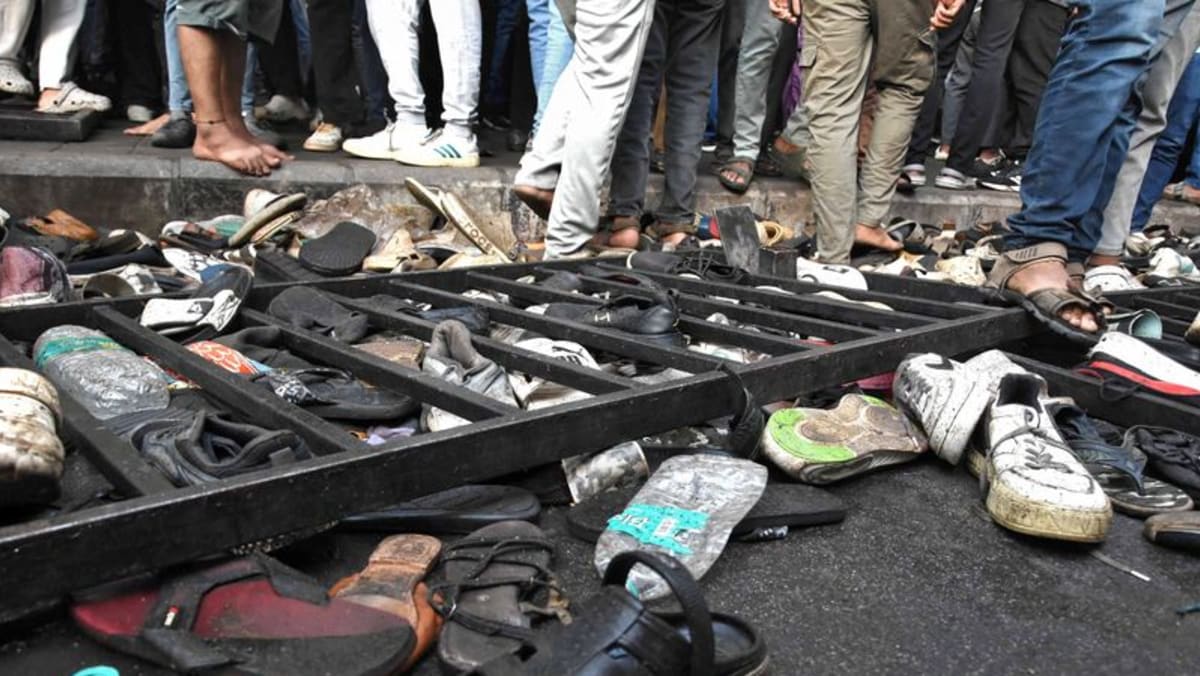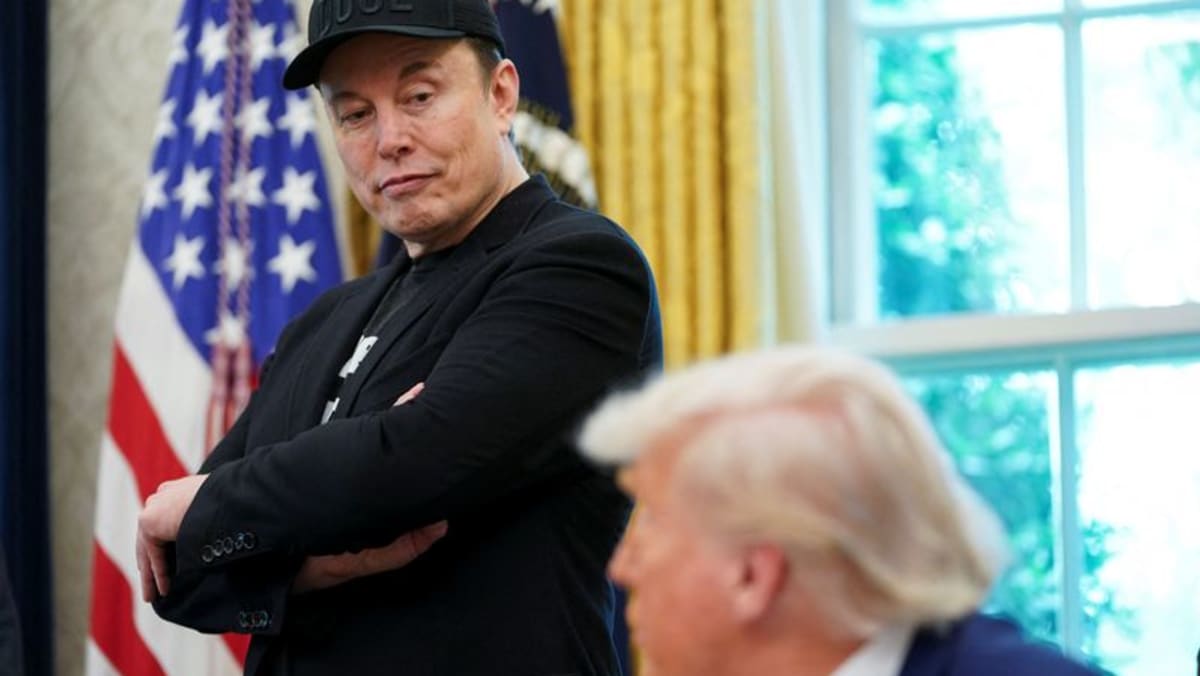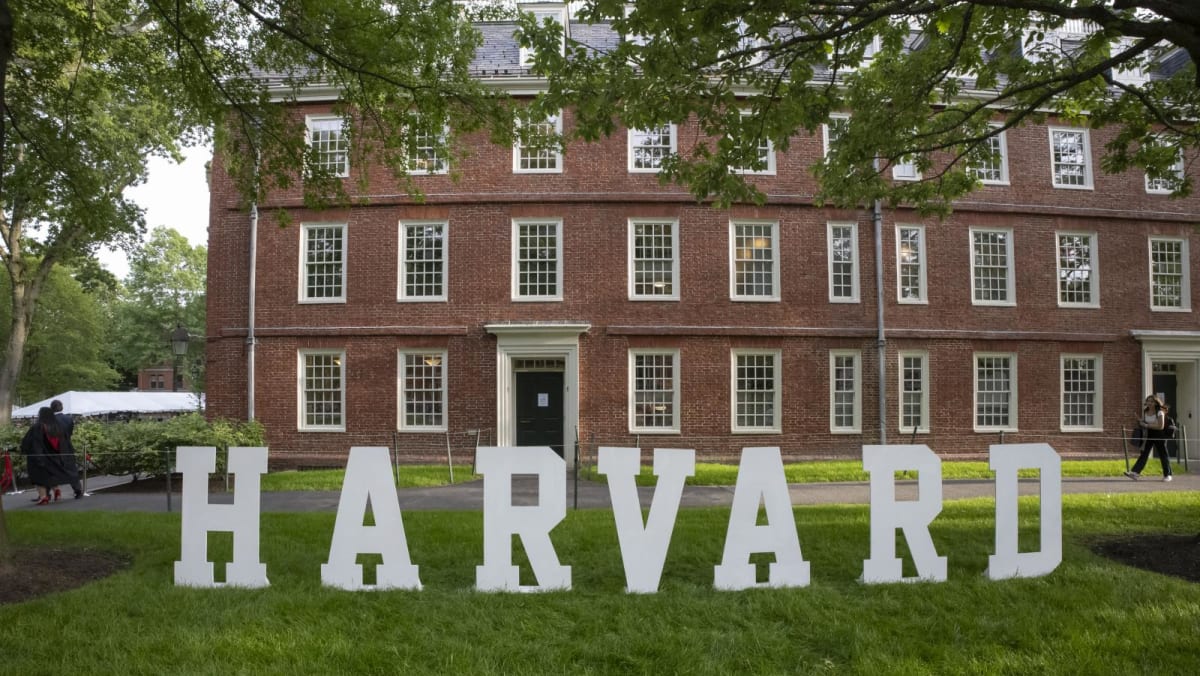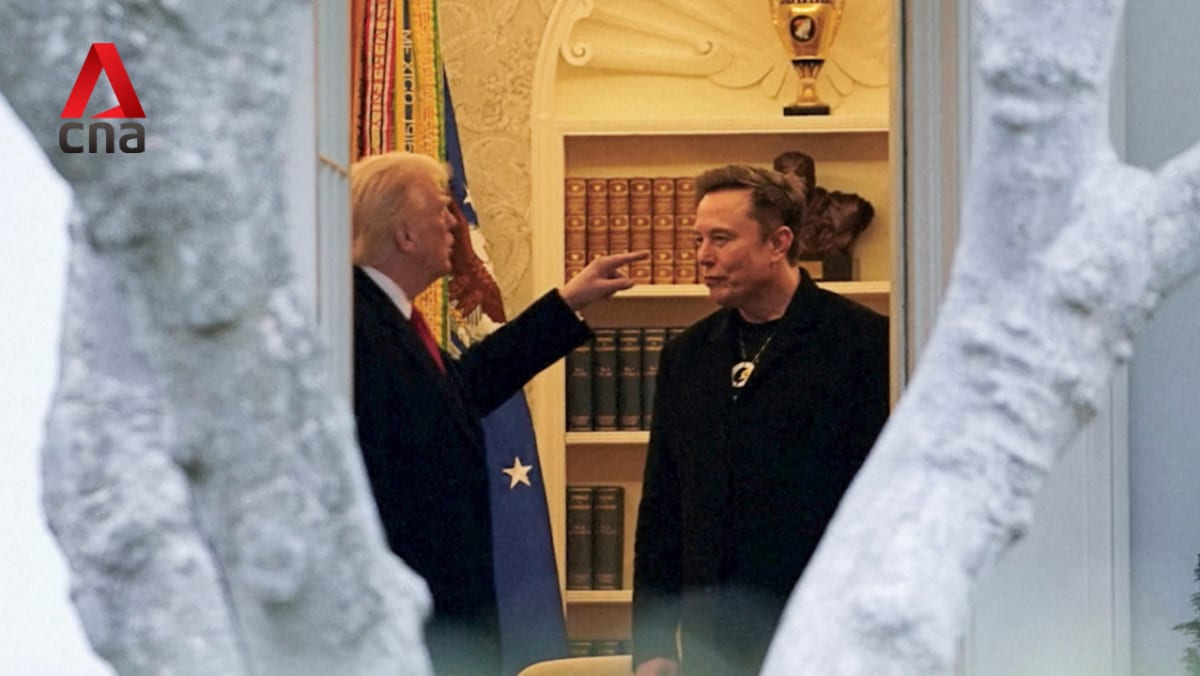“We’re quite fortunate in the UK (which) generates over 10 to 12 million tonnes of scrap a year. We want to keep some of that in the UK and remake that into steel,” Evans said.
He added that the company needs “a lot done in the next two years” to get its electric furnaces up and running.
Electric arc furnaces can dramatically reduce the industry’s carbon footprint. Recycling just one tonne of steel saves about 1.4 tonnes of iron ore and nearly a tonne of coal, according to British steel construction firm Elland Steel.
The technology also allows producers to power their operations with wind, solar or other renewable sources.
Like Tata, British Steel was offered hundreds of millions of dollars in government help to make the green transition, but its owner rejected the offer.
The government’s new ownership of British Steel has now reopened the possibility, though it is looking to find a buyer for the company in the long term.
London is due to publish a “steel strategy” in the coming months, recognising domestic production of steel as essential for economic independence and national security.
But for now, the future of British Steel remains symbolic of the industry’s broader challenge: Creating a viable, green and competitive steel industry while navigating a fast-changing world.
“What I want to see in the UK is a strong economy that needs a lot of steel – more steel than it needs at the moment – (and) that we are supplying the vast majority of that steel,” said UK Steel’s Stace.

